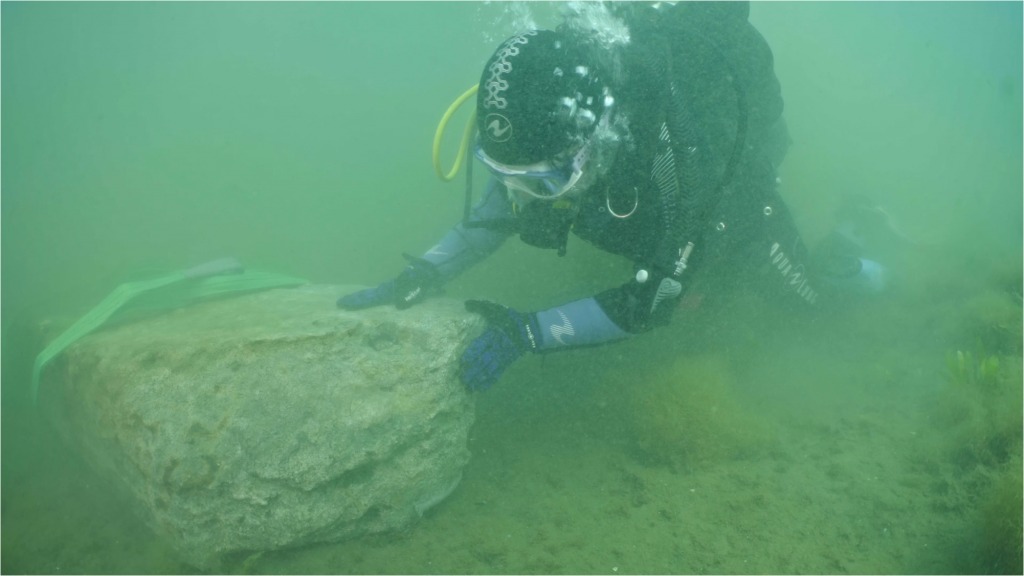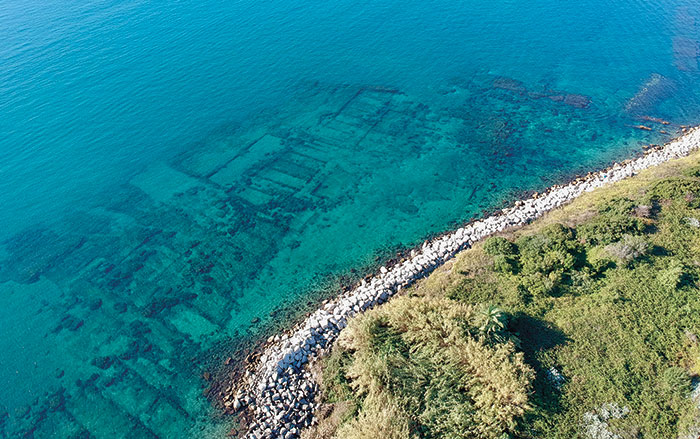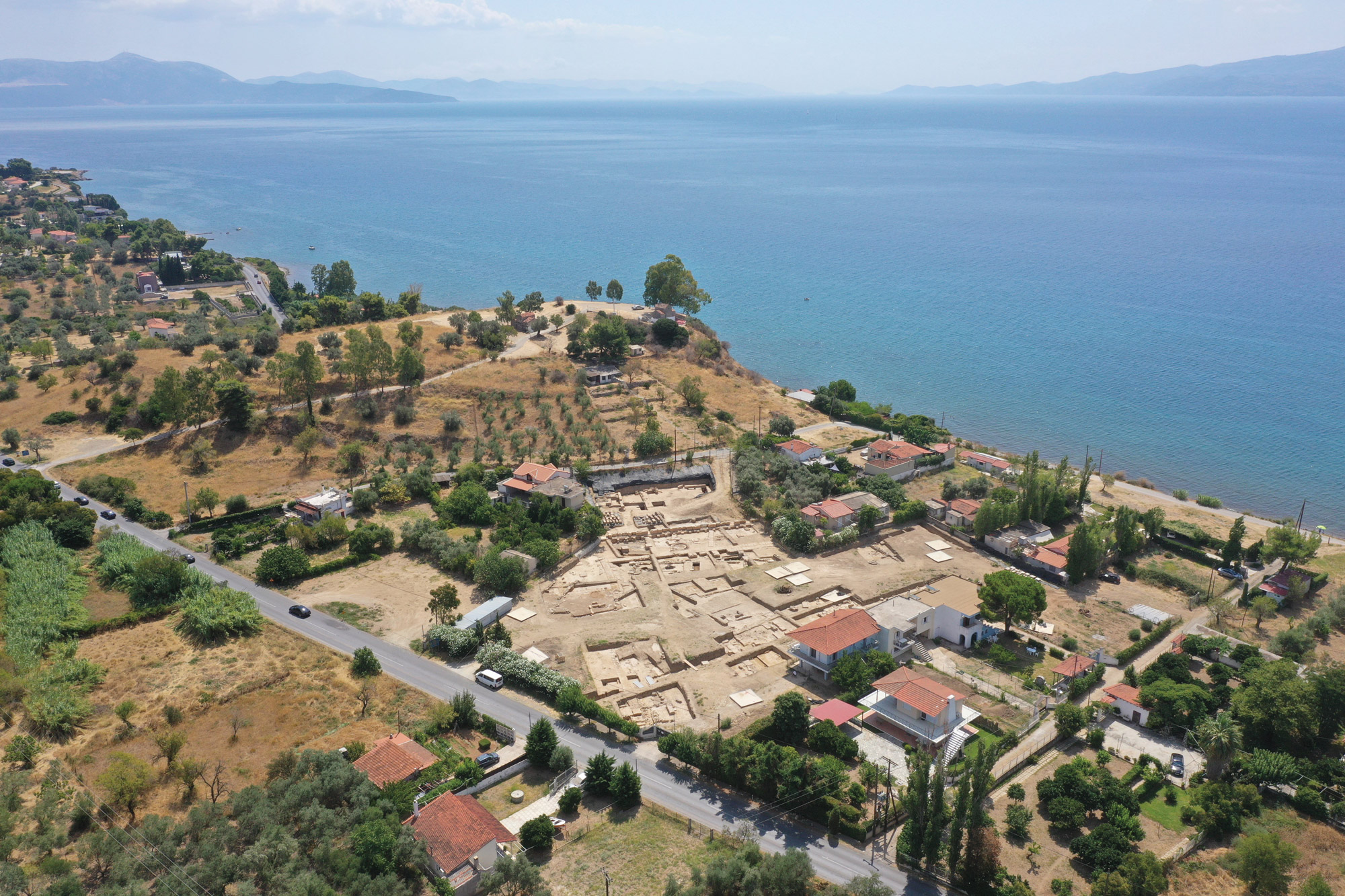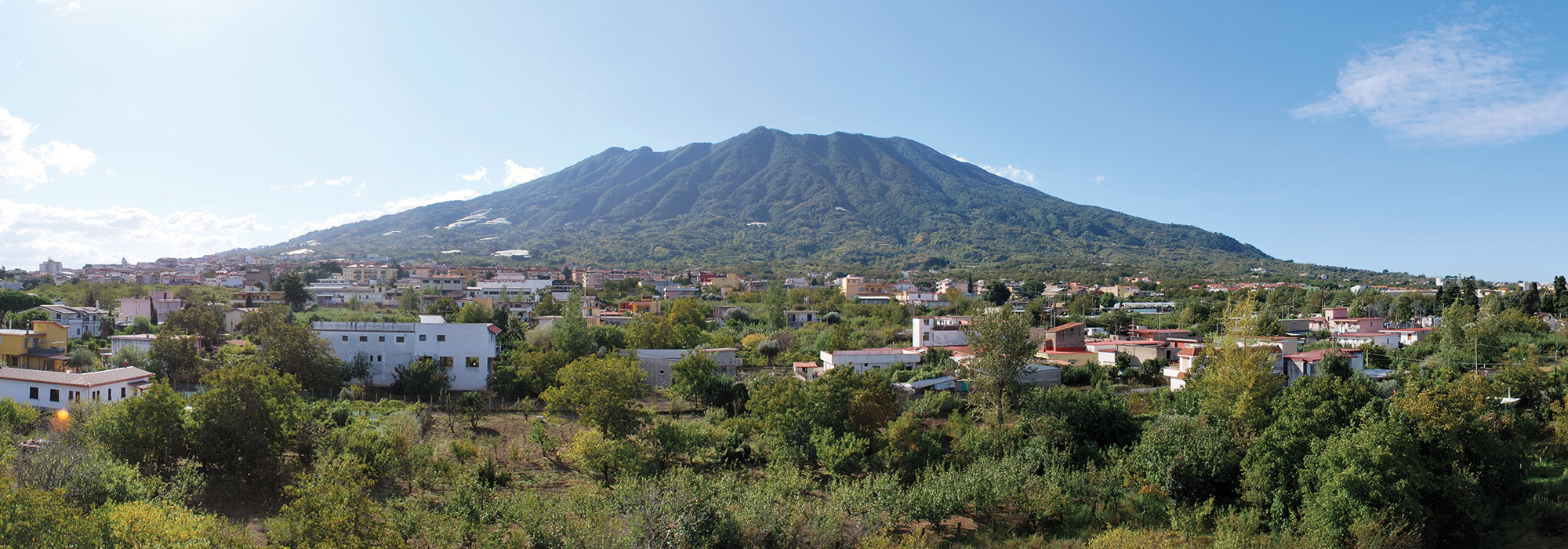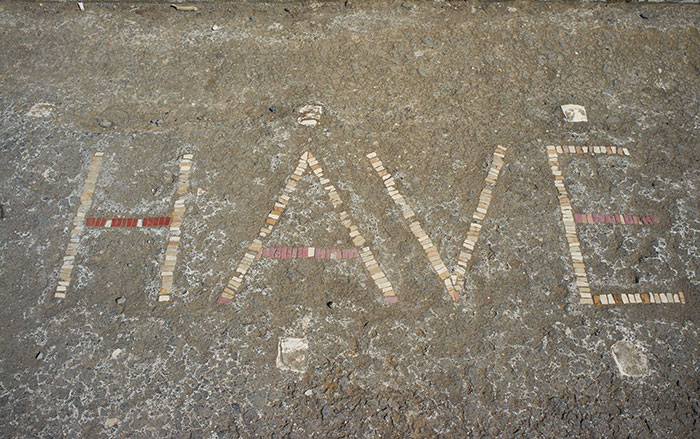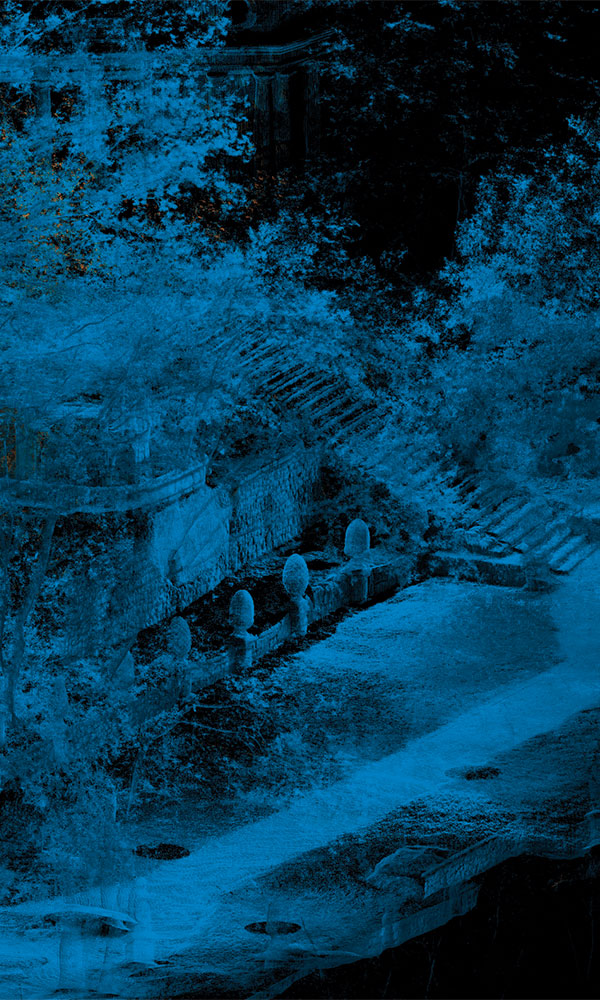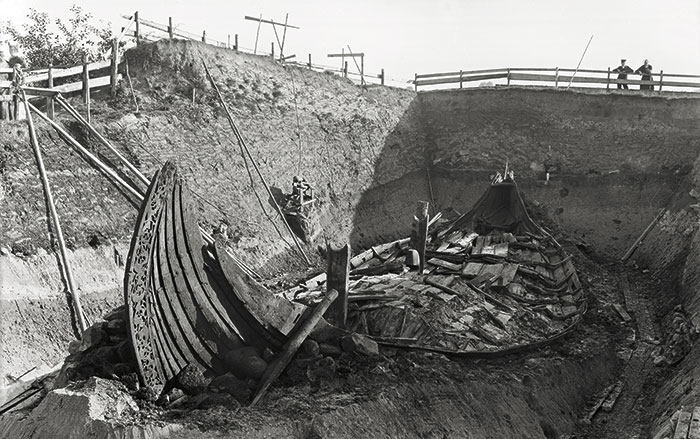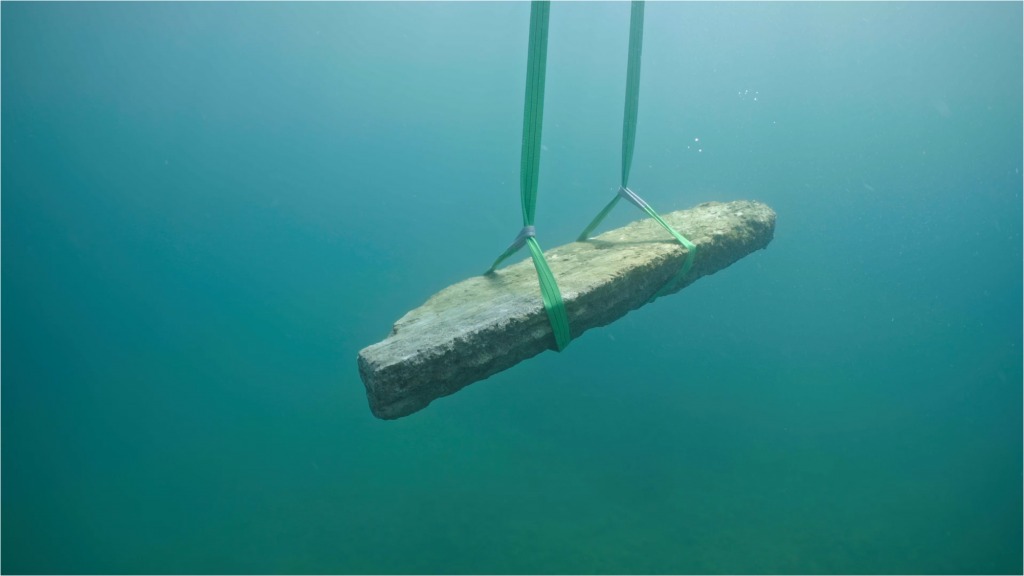
BACOLI, ITALY—Underwater archaeologists located the remains of a Roman-era breakwater at the site of the ancient harbor of Misenum on the Bay of Naples, according to the Greek Reporter. The team from the Underwater Archaeology Office of the Archaeological Superintendency for the Metropolitan Area of Naples was at first puzzled by the a six-foot-high collection of carved blocks, sculptural fragments, columns, and architectural elements that they found lying on the seafloor. They soon realized, though, that these were not part of a building collapse. Rather, the materials had been recycled and intentionally stacked to form a structure measuring 295 feet long and 75 feet wide. The harbor at Misenum was the home base for the Classis Misenensis, the most powerful naval fleet in the Roman Empire. Experts believe that Roman engineers created the protective barrier to shelter the fleet from the sirocco winds that originate in Africa’s Sahara Desert and have been known to batter the southern Italian coast. For more on Roman harbor cities, go to "Rome's Imperial Port."
